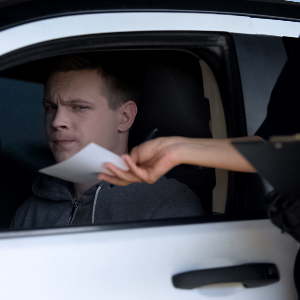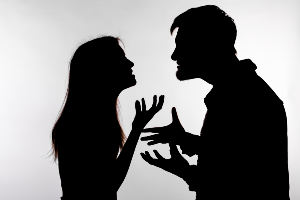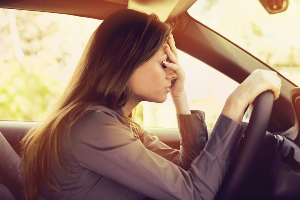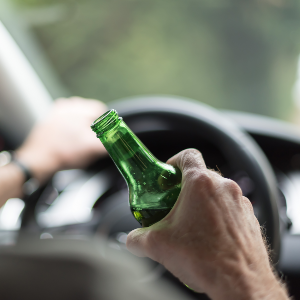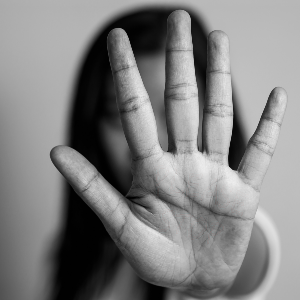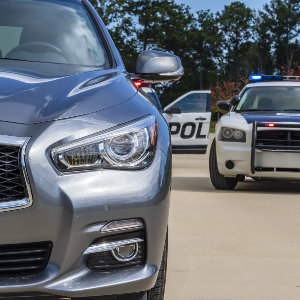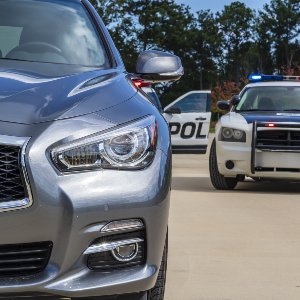Can a DUI Be Expunged from My Record in California?

Driving under the influence is a serious criminal offense that involves not only challenging statutory consequences but also a permanent criminal record. Criminal convictions may limit a person’s ability to find employment, attain child custody, immigrate, and regain their driving privileges, among other challenges that may negatively affect their life. Fortunately, the State of California allows convicted offenders to purge their record through what’s called the expungement process.
Getting your criminal record expunged generally means that the criminal charges may be cleared from your permanent record. This may help you avoid the negative aspects of having a criminal record that may otherwise be visible to employers, property owners, and the public. However, expunging your record in California isn’t always easy, especially without the help of a legal expert guiding you.
What Does It Mean to Expunge Your Record and What Are the Benefits?
Expunging your record is a process whereby you petition the court to remove an old conviction from your permanent criminal record. If the court agrees to your petition, you may expect an order for all agencies that maintain these records to delete any mention of the conviction. After the expungement process is over, it appears to employers and the general public as if you were never convicted of the crime. In many cases, even law enforcement won’t be able to see the conviction on your record.
One of the foremost benefits of expunging a DUI conviction from your permanent criminal record, besides having your DUI conviction sealed from public view, is that you have the right to deny under oath and without penalty of perjury that you were ever convicted of that offense. Likewise, most employment applications and residential rental agreements request criminal conviction information. After an expungement, your conviction won’t appear on these databases.
It’s important to note, however, that the record still appears in court databases, the Department of Motor Vehicles, and certain law enforcement agency files like those of the FBI, even after expungement. This means that your conviction may still be visible if you apply for a court, law enforcement, or United States military position. Nevertheless, the expungement process still seals your criminal record from the general public.
How Does DUI Expungement Work in California?
As soon as you complete your probation after a DUI conviction, you may petition the court to expunge your record. Court paperwork might be tricky if you don’t know what you’re doing, and completing the paperwork properly is imperative if you wish to get your record expunged. You’ll also want to gather evidence to show the court why you deserve to have your record cleared. A judge then reviews your request to establish whether you’re eligible for an expungement. The success of your petition may hinge on whether or not you have an expert DUI expungement lawyer on your side.
If the judge ultimately grants your petition, you may either withdraw your plea of guilty or no contest and re-enter a plea of not guilty. If you were previously found guilty after a jury or bench trial, the judge may then set aside the verdict.
Who Is Eligible to Get a DUI Conviction Expunged in California?
Expungement may be available to anyone convicted of either a California misdemeanor or a California felony, provided that they successfully completed probation for the offense and they didn’t serve time in state prison. Note that if you served time in state prison but would have served in county jail following the implementation of “realignment” under Proposition 47.2, you may also be eligible for expungement.
In general, most California DUI convictions meet these requirements, though it’s important to discuss your eligibility with an expert California DUI expungement lawyer who may confirm whether or not you’re entitled to expungement.
Contact an Experienced DUI Defense Lawyer at the Aron Law Firm
If you’re interested in expunging your California DUI conviction, it’s imperative that you get in touch with legal professionals who may help review your case, gather evidence, and petition the judge. Fortunately, you don’t have to navigate this process alone. The expert lawyers at the Aron Law Firm, led by William M. Aron, are dedicated to protecting your rights by investigating your case in detail and building a robust expungement strategy. Our legal team is well versed in DUI expungement law in California and may help purge this blemish from your permanent criminal record.
At the Aron Law Firm, our client-centered approach aims to make the legal process as uncomplicated as possible. To speak with a criminal defense attorney, schedule a consultation by calling (805) 500-7536 or completing our online contact form today.


